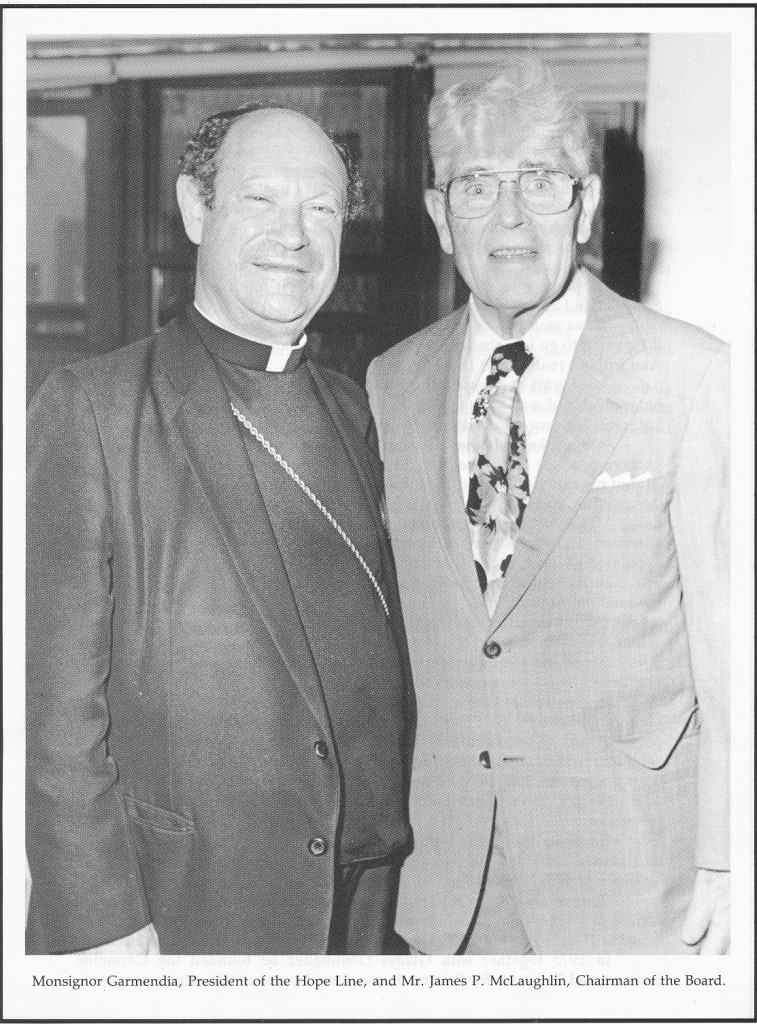 [1997] IN MANY PARTS of the South Bronx, inner city residents have been left to fend for themselves.
[1997] IN MANY PARTS of the South Bronx, inner city residents have been left to fend for themselves.
State and local budget restraints continue to cast long, dark shadows in pockets of the city where poverty abounds.
To make matters worse, it has been proven that a number of residents regard certain outreach programs from government agencies as intrusive officialdom, because of misinformation or lack of communication.
Religious, private and voluntary organizations must take the challenge of providing for the needs of those who “slip through the cracks.”
The Resource Center for Community Development is a second home for many. It is a private, nonprofit organization that is committed to fostering the development of services and programs ranging from adult classes in English as a Second Language to teen basketball tournaments.
The Center takes a holistic approach in addressing people’s needs by considering their spiritual, psychological, social, cultural, and economic realities within the framework of the Roman Catholic Church.
The Center gives assistance to anyone regardless of religion, race, age, sex or national origin. It exists to help resolve such problems as housing, immigration, suicide prevention, substance abuse, child welfare and prenatal care.
Also, the Center operates the South Bronx Hope Line, a spinoff program that gives telephone assistance for people who are in need of support of counseling.
The Hope Line, a bilingual service, is sponsored by the Vicariate of the South Bronx. Its services are free. Trained volunteers operate a centralized telephone counseling and information center under the supervision of a professional staff with outside contacts in diverse fields of health and human services that include runaway and abused children, missing persons and employment.
The Hope Line is usually a client’s first contact with the Resource Center. Sometimes, the information is given by phone. Other times the client needs to come in. Either way, the encounter is confidential, supportive and respectful.
